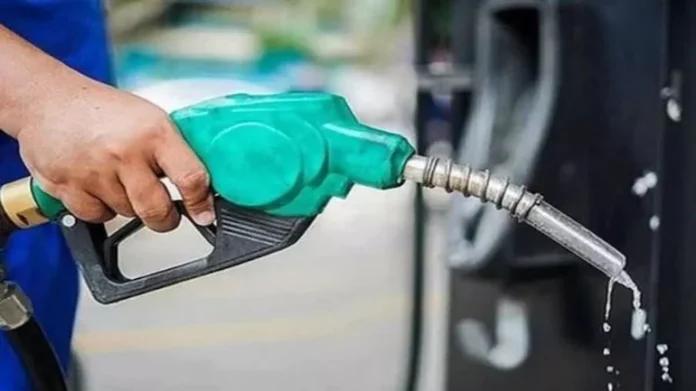Nigerians could soon face petrol prices as high as N930 per litre as negotiations between the federal government, represented by the Nigerian National Petroleum Company (NNPC) Limited, and local refiners over the naira-for-crude sales arrangement remain ongoing.
An analysis by BusinessDay revealed that the ex-depot price of petrol stood at an average of N870 per litre as of Monday noon, reflecting an increase of over N20 within a week. Pinnacle, AIPEC, Rainoil Lagos, and WOSBAB were among the major depots that recorded the latest price change, with petrol now priced at N870 per litre.
Petroleum marketers have warned that the rising ex-depot price could push pump prices to at least N930 per litre nationwide.
“For Premium Motor Spirit (PMS), it is about N10 to N20 higher in some places, with some selling at N880 for old stock. Ideally, another N25 added to these prices will reflect at the pump,” said Jide Pratt, Chief Operating Officer of AIONA.
Zarma Mustapha, Deputy President of the Independent Petroleum Marketers Association of Nigeria (IPMAN), noted that retail prices will vary across the country due to additional costs associated with transportation and distribution.
“You have other costs that you are supposed to add to your margin, and it depends on your location. For example, in Abuja, the cost of transportation per litre is about N45 or so,” Mustapha explained.
The NNPC confirmed that it is in talks with the Dangote Refinery to extend the naira-for-crude sales programme, which is set to expire at the end of this month.
Since the programme began in October 2024, NNPC has sold nearly 40 million litres of crude to Dangote in naira, allowing the refinery to supply petrol and diesel to the domestic market at reduced prices.
According to sources familiar with the negotiations, the arrangement has been instrumental in lowering petrol prices, easing national inflation, and stabilising the naira.
“Our position is that it’s too early to end this arrangement,” said Billy Gillis-Harry, National President of the Petroleum Products Retail Outlet Owners Association of Nigeria (PETROAN).
“We recommend that the government allows the naira-for-crude sales to continue for at least another six months to see what impact it will have.”
Gillis-Harry also urged local refiners to adopt fair business practices and adhere to regulatory guidelines.
“We must work together to salvage the country. At the end of the day, national interest remains the most important goal,” he said.
The outcome of the ongoing negotiations will likely determine the direction of petrol pricing in the coming months, with Nigerians bracing for potential increases at the pump.













